Black holes, warming seas, new treatments for disease: No matter how you approach it, the news is full of science-based stories. For those of us who aren’t scientists, however, understanding the context — not to mention the technical jargon — can be a challenge. With that in mind, we asked Harvard science faculty in various fields to recommend their favorite science book for nonscientists. Ideally these accessible reads will give the rest of us a leg up on understanding our changing world.
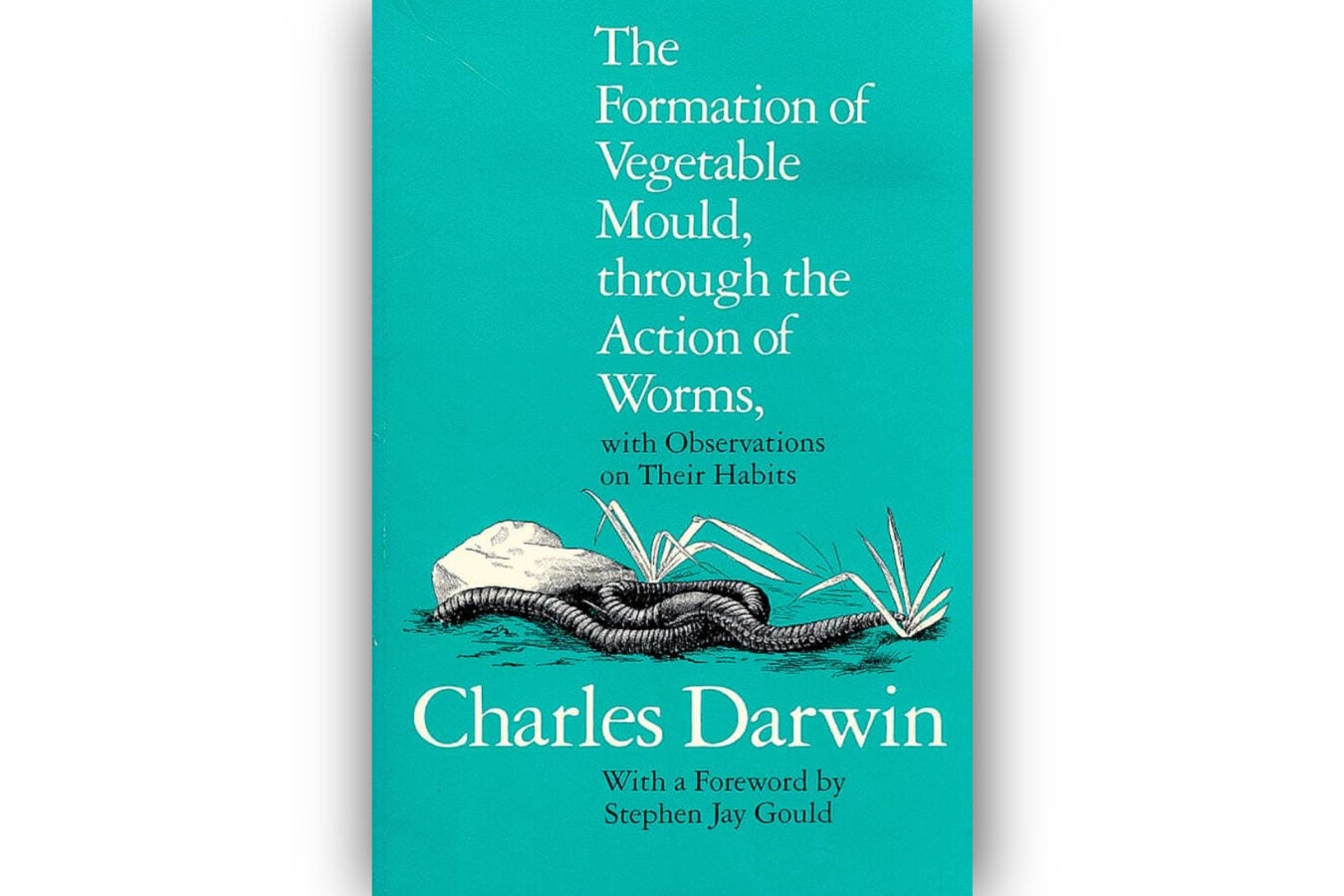
William “Ned” Friedman
Arnold Professor of Organismic and Evolutionary Biology, Director of the Arnold Arboretum
“Immediately, one book comes to mind: My favorite book by Charles Darwin (and his last — published in 1881): ‘The Formation of Vegetable Mould Through the Action of Worms.’ While some of his books changed the world (‘On the Origin of Species,’ ‘The Descent of Man’) and some were highly technical (‘Orchids,’ ‘Barnacles,’ ‘Power of Movement in Plants’ …), his book on worms, which reflected a lifelong interest (beginning in the 1830s and ending with his death in 1882) in the slow but steady effects of earthworms on the terrestrial world is one of the most charming and heartwarming books I can imagine in the world of natural history books.
“It reveals the loving father, grandfather, and husband experimenting with earthworms with his family (wife Emma, son Francis whose wife had died in childbirth and was now living with his parents, and grandson Bernard) at Down House. Imagine the science: Darwin with a pot of worms trying to determine if they can hear. To conduct this experiment, his wife Emma is called upon to play the piano loudly, his son to play his bassoon, and his grandson to play a whistle! Darwin’s personification of the worms shows the true extent of his feelings for the intelligence of fellow creatures and his sly sense that something quite wonderful is lurking behind even the lowly earthworm. Truly, if one is going to read only one book by Charles Darwin, this is the one!”
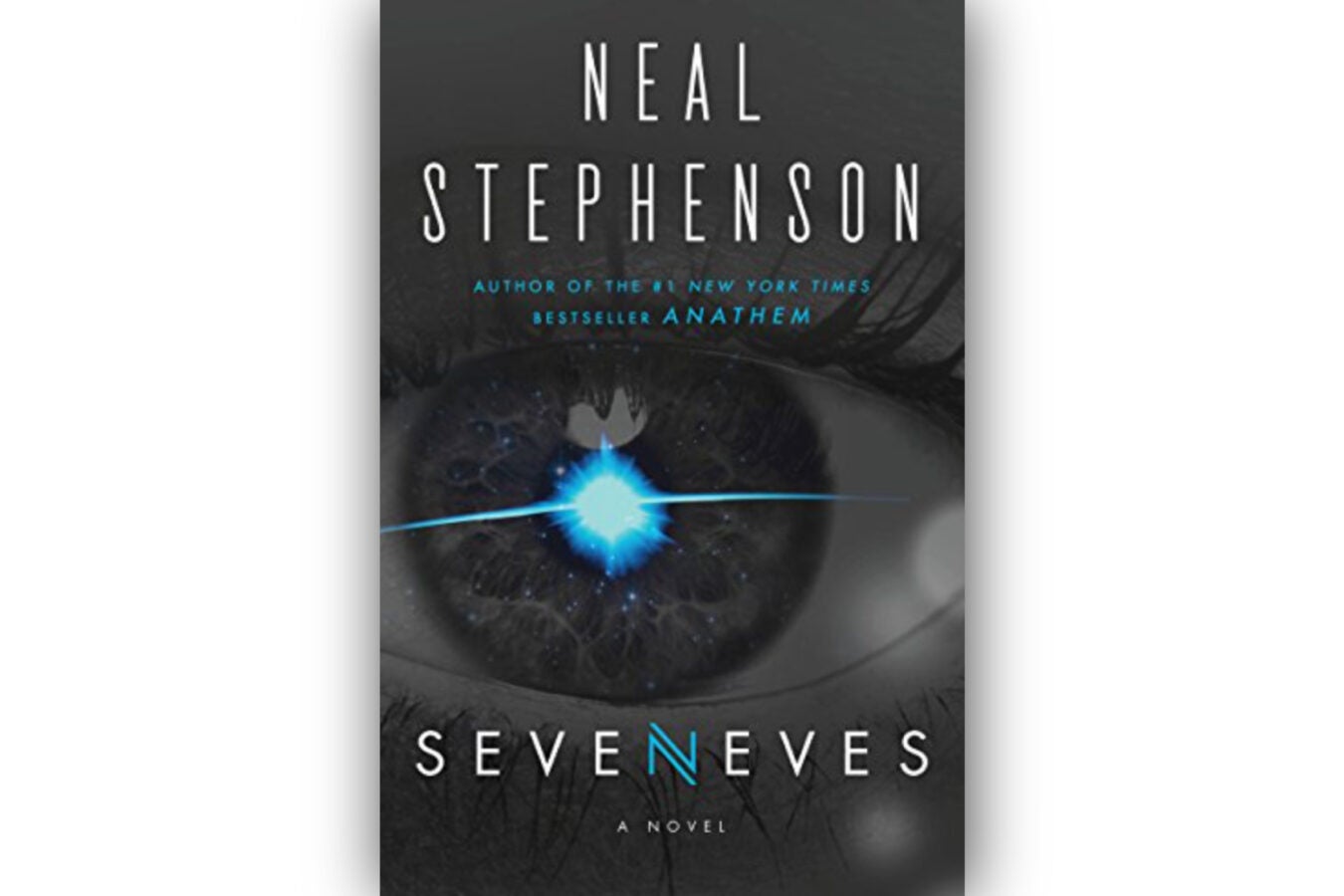
David S. Ludwig
Professor of Nutrition, Harvard T.H. Chan School of Public Health
Ludwig, who is also a professor of pediatrics at Harvard Medical School, went with the science fiction novel “Seveneves” by Neal Stephenson, which imagines a catastrophic event that has rendered the earth uninhabitable — sending humans on a desperate race to re-create a habitable environment in space.
“A fascinating thought experiment in how humans might evolve and adapt to extreme changes in their environment. Although science fiction, the narrative is grounded in plausible biology and physics. A wonderful, long read,” he said. “Start now, should last the rest of the summer.”
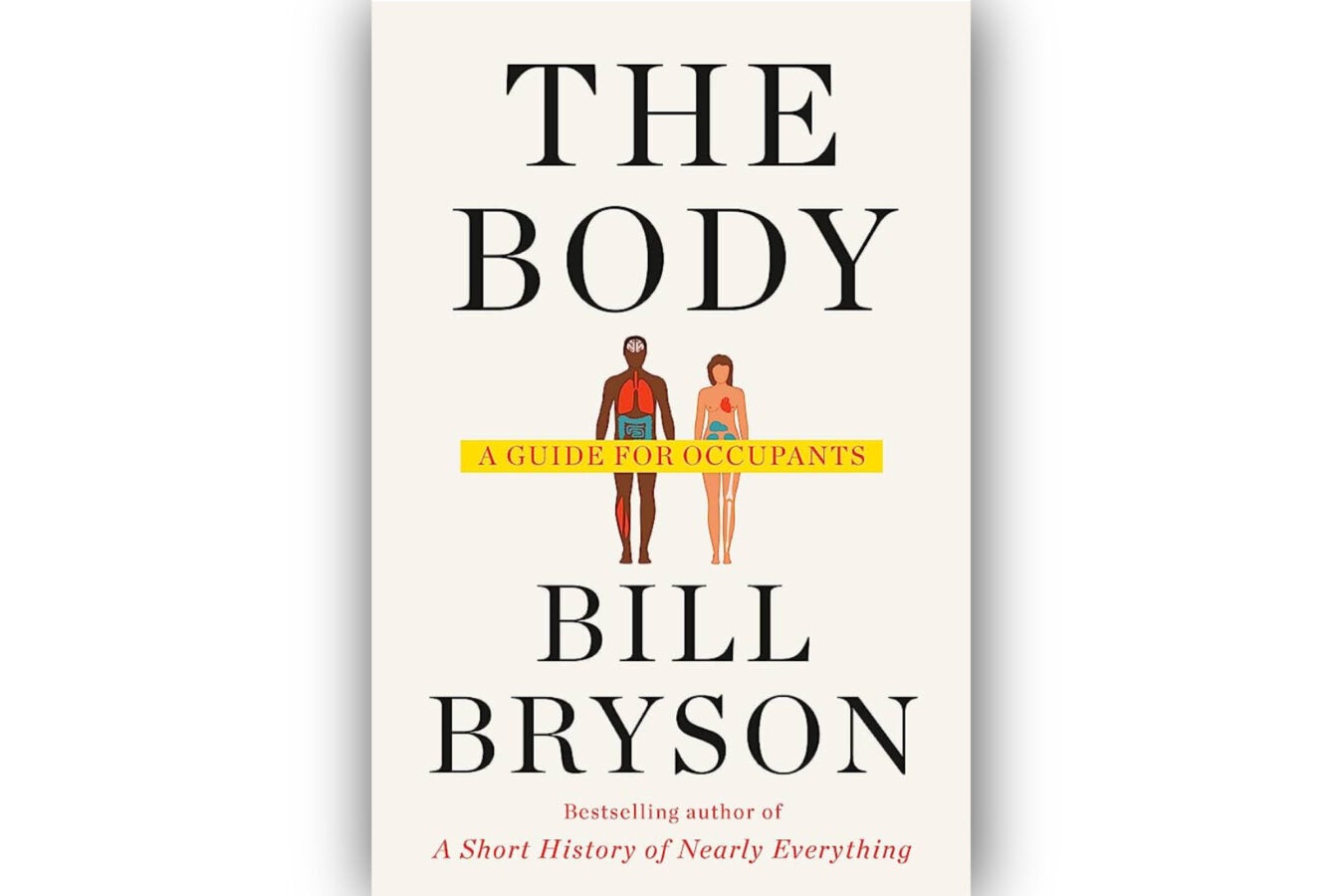
Daniel E. Lieberman
Edwin M. Lerner II Professor of Biological Sciences
Lieberman, who also serves as chair for the Department of Human Evolutionary Biology, offered two reads:
“The Body: A Guide for Occupants” by Bill Bryson: “As someone who studies and teaches human anatomy and physiology, I was utterly charmed and delighted by Bryson’s entertaining tour of the human body from head to toe and from the inside out. Bryson combines his trademark style that mixes old-fashioned journalism with wry humor and anecdotal stories to explore at breakneck speed how our bodies work and why that matters.”
“Zoobiquity” by Barbara Natterson-Horowitz and Kathryn Bowers: “‘Zoobiquity’ is another entertaining, eye-opening, and engaging read that puts human disease into perspective. Natterson-Horowitz and Bowers eloquently explore how so many of the medical conditions we confront — from cancer to obsessive-compulsive disorder — also occur in other species. Although the book’s goal is to examine what animals teach us about being human, I found the book also made me think about how human health can teach us more about other animals.”
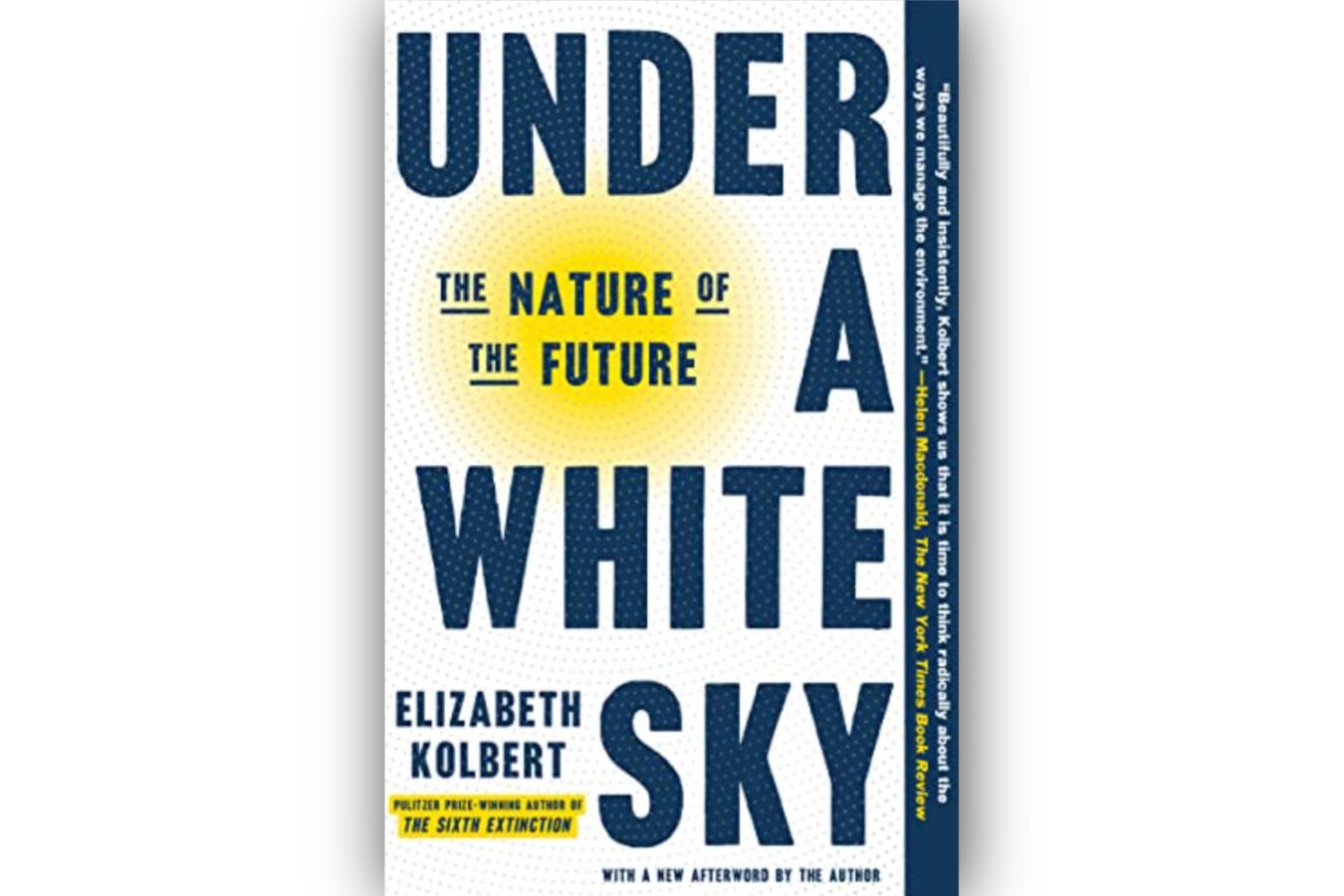
Jacqueline Olds
Associate Professor of Psychiatry, Harvard Medical School
Olds, a psychiatrist who specializes in couples, had several suggestions:
“The Angel and the Assassin: The Tiny Brain Cell that Changed the Course of Medicine” by Donna Jackson Nakazawa: “This book discusses the role of microglia in the brain for good and ill! Nonscientists would like this clear explanation of why some of these mysterious neurological diseases occur and new theories about how the immune system may get involved! The fact that the microglia were seen as irrelevant by doctors and scientists but now are seen as crucial might intrigue nonscientist readers.”
“Exercised: Why Something We Never Evolved to Do Is Healthy and Rewarding” by Daniel Lieberman: “This is a very personal story about a paleo anthropologist who got ‘hooked’ on exercise (running) and decided to incorporate the study of exercise and running into his work. He found that some of the best runners in the world do it for fun, which was counterintuitive because here in America so many people are so serious and exhausted by their attitude toward exercise as a kind of ‘castor oil’ cure, which is good for them even if they hate doing it. He essentially advocates that people find an enjoyable way to make exercise part of their life so it can be a more pleasant road to health!”
“Under A White Sky: The Nature of the Future” by Elizabeth Kolbert and “How to Avoid a Climate Disaster: The Solutions We Have and the Breakthroughs We Need” by Bill Gates: “A clear-eyed introduction to the science of climate change by a science journalist who writes well for The New Yorker (Kolbert) paired with a book that describes in an optimistic way the work we still have to do to change our carbon emissions worldwide. Nonscientists will find these books very comprehensible and lucid.”
“The Good Life: Lessons from the World’s Longest Scientific Study of Happiness” by Robert J. Waldinger and Marc Schultz: “This book takes the longest-running study of a large group of people and makes it digestible by telling individual stories and distilling the major lessons of the study into guidelines for living. It is already written in lay language yet pays good attention to the evidence-based results of this study without drowning the reader in statistics!”
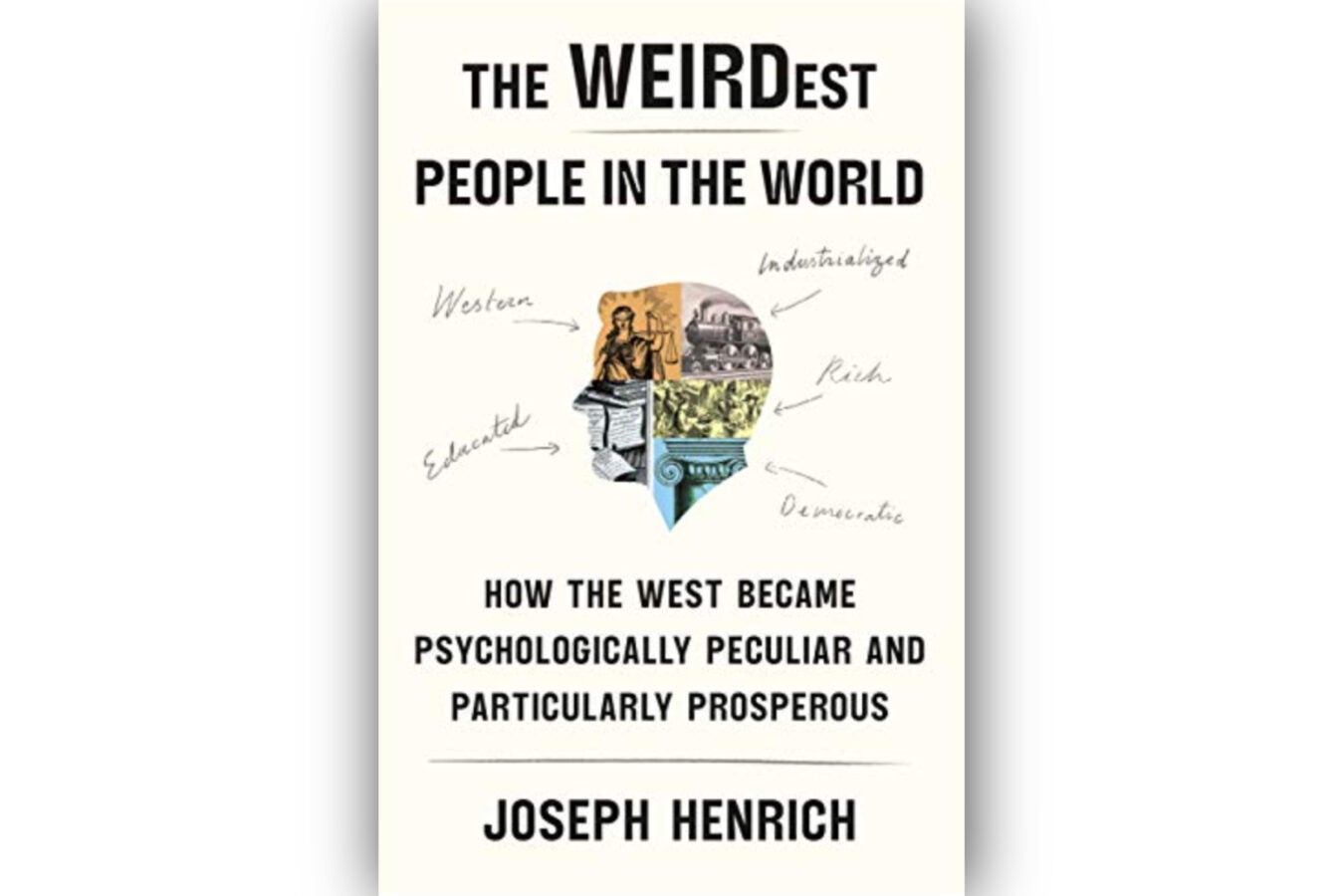
David Emil Reich
Professor of Genetics, Harvard Medical School
Reich nods to “my colleague Joe Henrich,” the Ruth Moore Professor of Biological Anthropology Professor Of Human Evolutionary Biology, choosing his book, “The WEIRDest People in the World: How the West Became Psychologically Peculiar and Particularly Prosperous.” “It’s really a masterpiece and quite thought-provoking.”
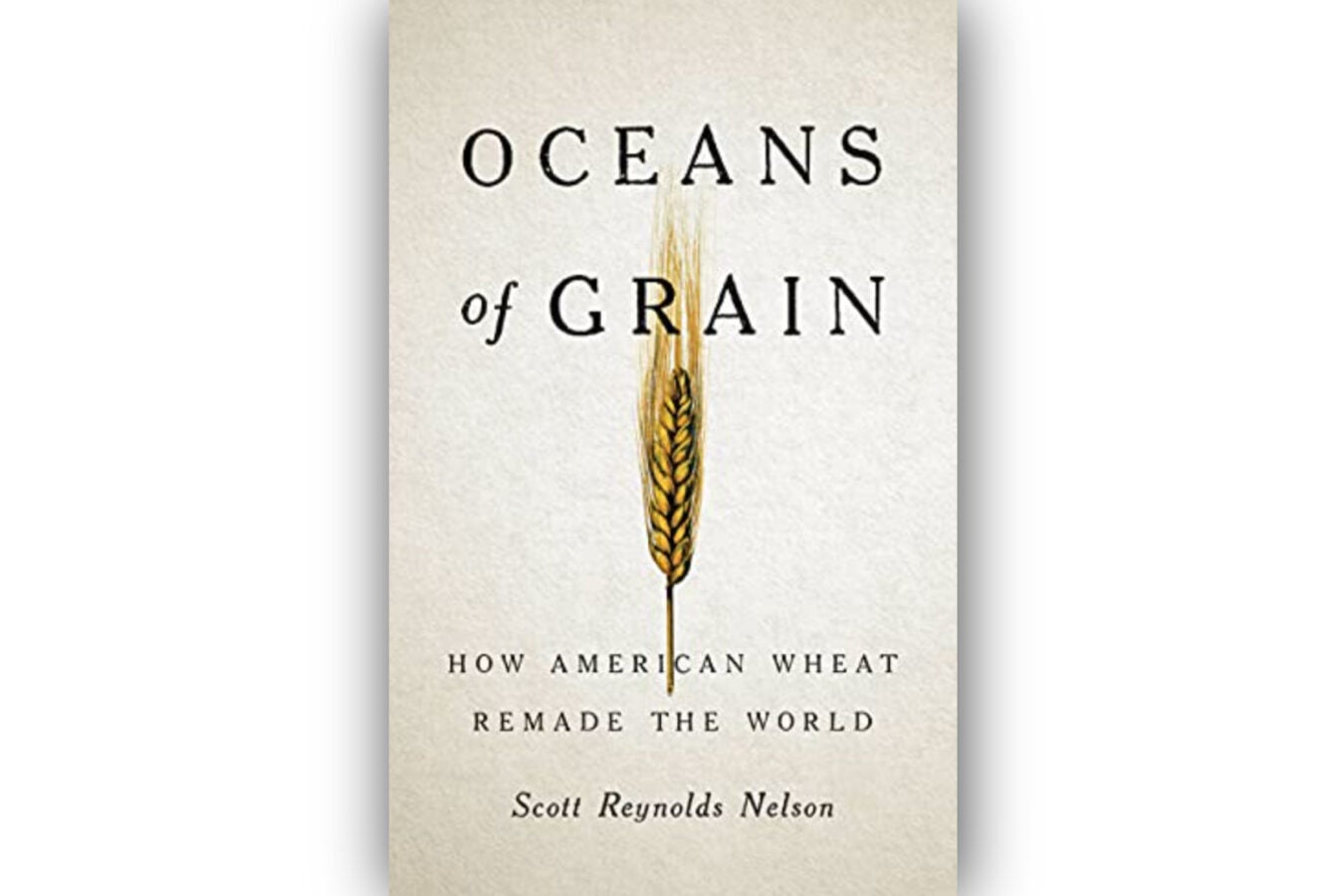
Stuart Harris
Associate Professor of Emergency Medicine, Harvard Medical School
“The single most important book I have read in the last 18 months is Scott Reynolds Nelson’s ‘Oceans of Grain: How American Wheat Remade the World,’” says Harris, who also leads Mass General Hospital’s Division of Wilderness Medicine. “He’s an ecologist/economist and this book looks at the fundamental biologic underpinnings that lead to wealth and political stability. In short, empire (from the ancient Greeks on) as ecological phenomenon. Specifically, looking at the 2,000-plus-year history of the Ukrainian grain production and how in feeding the world they have made or broken empires for the last 2,500 years. The inability of the land to produce stable, storable calories is what led to the French Revolution, Russian Revolution, and the Arab Spring.
“This was written before the Russian invasion. Given the current reimposition of embargo by Russia, it is especially pertinent now. (It also gives a fascinating reassessment of the U.S. Civil War.)”
The Daily Gazette
Sign up for daily emails to get the latest Harvard news.


